Some
years ago while searching through the magical amid the mundane in Boulder, CO
at a university of seekers, a colleague loaned me the book Into the Wild. The book by Jon Krakauer is a tale of a young
man named Christopher McCandless who graduates Emory University with honors and
donates his life savings to Oxfam, shunning his life of privilege to experience
life in the wild. McCandless cuts his credit cards, cuts contact with his
family, discards almost all of his possessions and drives his Datsun west in
search of himself.
With the seeker in me all but
resigned to finding small micro moments of magic within the mundane, I came
across the 2007 movie version of Into the Wild in Netflix last night.
Romantic nostalgia arose within my chest and head-- memories of reading
Thoreau and Emerson as a disillusioned teenager and projecting peace onto nature arose in my mind. I
remembered hours spent in the Palos forests searching for contentment within
the wood, solace within nature. Fortunately, when I got cold and hungry I
only need cross one busy street to get to my neighborhood – Ishnala - which interestingly
enough means “by itself alone” in Winnebago…
This week between Christmas and
New Year’s is historically the toughest time of year for me. With a slowdown
or stoppage in the normal hectic work pace that keeps my mind occupied,
troubled thoughts of isolation (by itself alone) usually surface after the
holidays fall short in delivering the full promise of peace, bliss and
contentment advertised by Kay Jewelers, Lexus and Apple. But this year
and for the last several, I'm much more tempered in my expectations and more fulfilled
by the little seemingly mundane moments of magic with family and friends (or at
least less haunted by and bored with existentialism).
So, I turned on Into the Wild half curious if the protagonist’s
struggle would pick at the scars of past wounds, uncovering old longings to
simultaneously connect to others and checkout of a chaotic, overwhelming world or
if the story would be lost on me, skin having hardened to armor, romanticism
replaced by practicality.
I felt very
alone in high school even when among the popular kids. I played sports, I partied and no one would
have guessed as to the battle between the wild extrovert and the hurting
introvert playing out inside my head and bedroom after practice, after parties
after a normal day. Maybe it was the red
hair, maybe it was transferring from a Catholic School to a public school in sophomore
year, or maybe it was my traumatic genetic inheritance that serves you well
when surviving the “troubles” but spins a thick web of anxiety in privileged
suburbia with few real threats to survival.
Together it was a different way of thinking and seeing (not as different
as I thought) that was both my pride and my pain. Loneliness amid the popular crowd, the
burnouts too, alternating activities between the jocks, Catholic school kids
and some wonderfully odd social combinations therein.
All of this
circuitous rambling to say in some way, I remember relating to Christopher
McCandless, though I was not as brave, not as courageous and he found much
quicker than I that true happiness comes not in isolation as poetic and alluring
as it seems, but from sharing moments with others. Unfortunately for McCandless, this discovery
cost him his life.
McCandless,
all of 23 or 24, having adventured across the United States, spending time with
other seekers, ends up trapped in the wild when a river he crossed 9 weeks
earlier in Denali State Park Alaska swells and becomes impassable. He returns to the abandoned “Magic Bus”, his
temporary home sad and now aware of how random and cruel nature can be.
He is
seemingly ready to return to family and friends, to rejoin society, but trapped
in the wild. McCandless was unaware that
a hand tram a ¼ mile down river would have allowed him to cross the swollen,
violent river and walk out. Instead, he
returned to the magic bus that was now anything but magic and he attempted to resume
living off the land, but he was increasingly weak and starving. Toxicologists and naturalists debate whether
he accidentally poisoned himself through ingesting a wild pea plant relative, a
mold that can grow on it or if he just fell victim to “rabbit starvation” where
increasing activity outpaces a lean diet unable to sustain someone in the
wild. Tragically ironic, McCandless’ Oxfam
donation to end the hunger of others at the start of his journey foreshadows
his own demise in the wild.
Many were
angered by what they saw as his arrogance to think he could walk into the wild,
ill prepared, ill equipped and survive.
I tend to side more with Sean Penn who directed the film and author John
Krakauer who present a seeker driven to seek isolation by his inability to make
peace with the worst of what he saw in humanity. McCandless’ personal and spiritual ghosts led
him afield, yet his apparent wisdom led to a massive personal transition across
a two year journey and some three months in the wild. Unfortunately, his epiphany came too late for
his physical body to make it back to the world of people. I’m not angered by his survival inexperience.
I think he did pretty good. I don’t need to label him arrogant to distance myself
from the discomfort of the wasting of a young life having some personal
experience with the haunting within from the short comings of the human
condition. I’m just happy to have lived
beyond the romantic reach of existentialism which in me makes good poems, but contributes
to piss poor living.





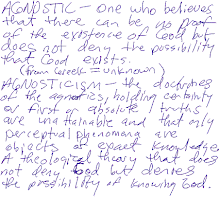





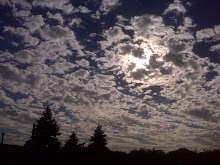














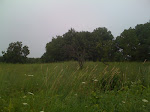
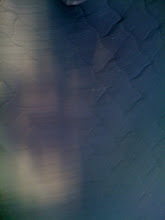
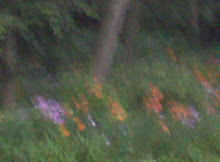
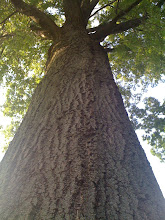
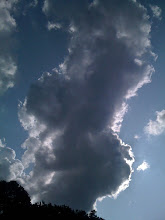

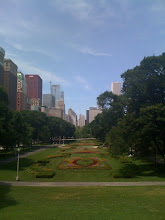

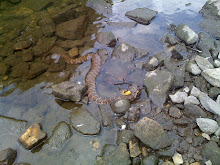
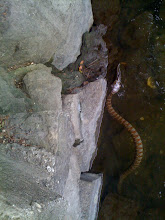
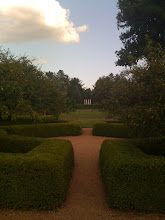
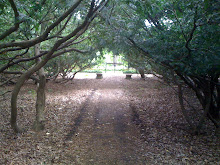


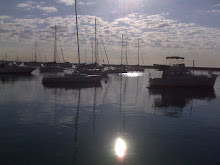

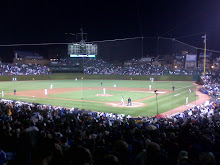
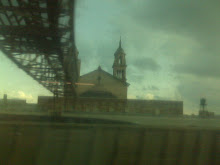


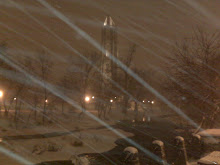






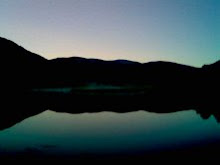


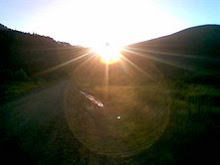
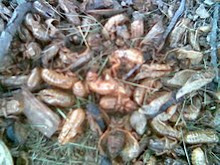





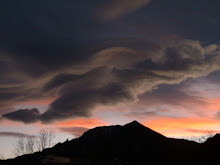






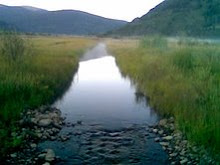
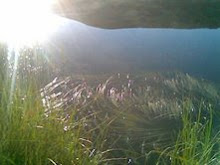
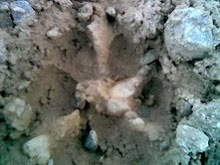

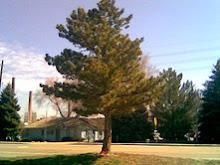

No comments:
Post a Comment